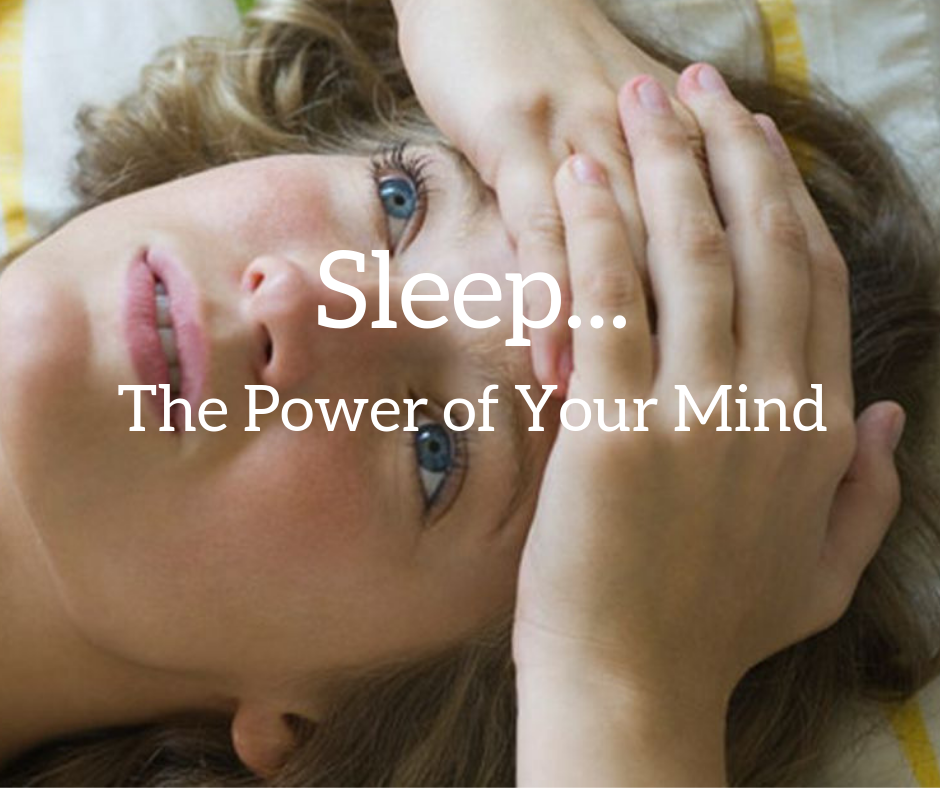A global study conducted in February 2019 by Philips surveying over 15,000 people across 13 countries has revealed that worrying has kept over 51% of Australian adults up at night over the past three months, with illness and technology as other dominant disturbances.
The irony of this finding is that worry, or sleep anxiety as we like to call it, does nothing but exacerbate sleep disturbance and so the vicious cycle continues. On a more positive note, the study found that people do recognise and value the importance of sleep, and as a nation over half (63%) of Australian’s experiencing sleep disturbance have taken active steps to resolve the issue. On the flipside, Australians are more likely to use sleeping tablets than any other country- a worrying notion in itself.
So how do we stop the vicious cycle of sleep anxiety and drug reliance to help aid sleep?
Never underestimate the power of your own mind! After all, if worry has the power to stop your mind from rest, the power lies within to counteract such thoughts with more positive, soothing and naturally tranquilising ones.
Enter, Cognitive Behavioural Therapy (CBT), a form of therapy that has been scientifically proven to improve long term sleep health and reduce the reliance on sleep medication. Breaking the sleep anxiety cycle begins the minute you wake. After a restless night, you wake up tired and irritable which provokes anxiety about how you are going to cope with work, family commitments and other daily pressures. As the day continues you worry about how you might sleep that night and so the vicious cycle continues. Stopping the pattern of worry, requires acknowledging the thought as it enters your mind and replacing it with more helpful thoughts. This the has a flow on effect with positive thoughts leading to behavioural change. An action plan that involves a commitment to changing lifestyle choices that may be inhibiting sleep (read more about these below) and establishing a better bedtime routine may provide real comfort.
Often, we are our own worst enemy when it comes to sleep with a bunch of habits that are seriously unhelpful. Here are 5 common habits that are serious sleep killers.
- Worrying about sleep during the day. This is a number 1 ‘no-no’.
- Drinking too much caffeine, particularly after 2pm
- Overindulging in alcohol during the evening. Not only will this keep you up to the loo; alcohol is a major sleep inhibitor, affecting your natural circadian rhythm. Read more about this in “Mind the Booze if you want a good Snooze”
- Exercising within 3 hours of bedtime. Although exercise is key to overall health and beneficial to quality sleep; be mindful of working out too close to bedtime as it produces too much physiological arousal which is not preparing our body for sleep.
- Gluing yourself to a screen. Technology is a sleep killer with the blue/green light omitted interrupting your natural circadian rhythm. If the technology is work related, you are also not allowing your mind to destress and decompartmentalise work life from home life.
Sleep Specialist Dr David Cunnington has been involved in ongoing research on using CBT for insomnia. Recent research published in June in Annals of Internal Medicine showed that on average people went to sleep 19 minutes faster and stayed asleep 16 minutes longer after CBT. This is similar to the effects of sleeping tablets but without the long-lasting negative effects.
Group programs like Towards Better Sleep, utilise CBT and focus on sleep education, behavioural techniques, correcting faulty thinking and relaxation strategies. Group therapy in treating insomnia has proven effective as it offers participants the opportunity to share stories and learn from the experiences and ideas of other insomnia sufferers, in a private and confidential setting. It also allows therapists to treat more people in a cost-effective way. To register for the next programme commencing Thursday 18th July visit Towards Better Sleep or email [email protected]
